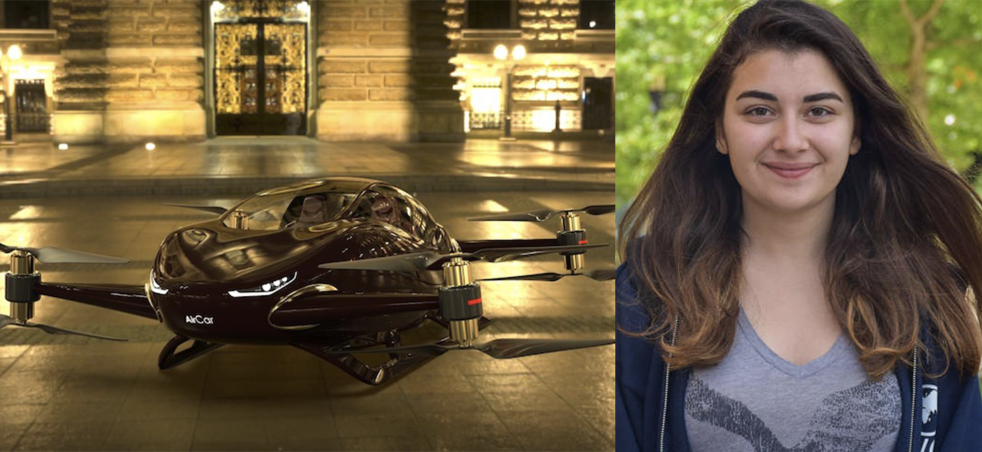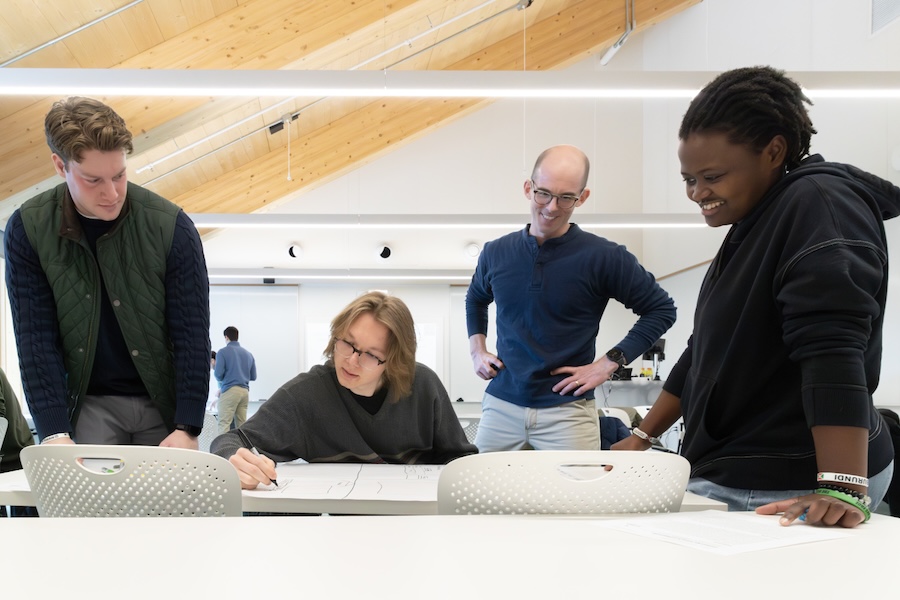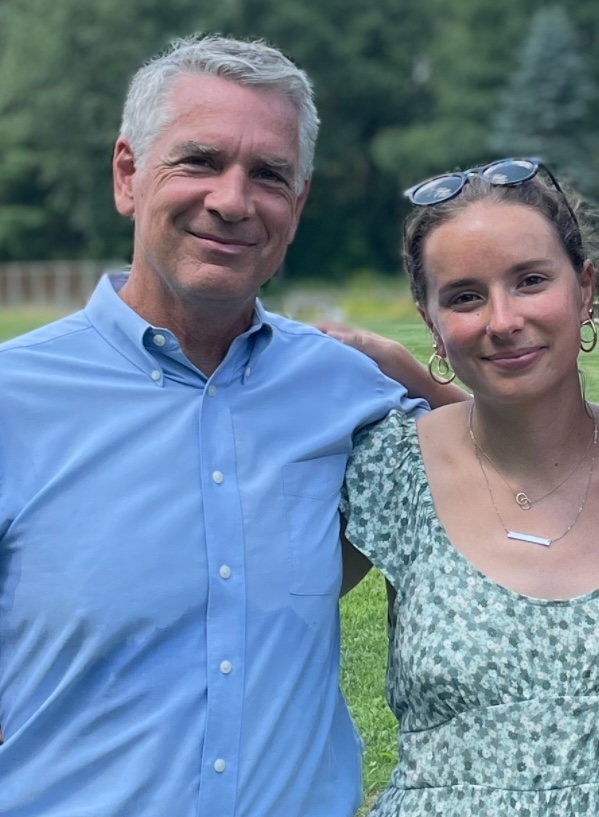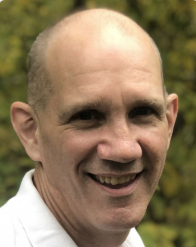Soaring on the First Autonomous Electric Flying Car
By Rebecca Goldfine
The team at AirCar Corporation is small—just fourteen engineers and industrial designers working hard to build a self-flying car that can carry two people. And Tuna discovered that being an intern at a little start-up with big ambitions comes with some major perks.
"It seems that most times when you’re interning, you’re given a small task, and then your supervisor helps you with it," she said. But soon after she started at AirCar, the computer science and physics major was asked to design the first prototype’s cockpit interface.
"I was honored to do that," she said. "While the people in the software development team helped me, I was working independently. It was quite nice!"
AirCar was launched in 2017 by Turkish entrepreneur Eray Altunbozar. Its biggest investor and technology partner is Softtech, Turkey’s largest software company. AirCar is based in Istanbul but, due to the pandemic, Tuna is working remotely from her home in the city of Antalya on the Mediterranean Sea.
The team started test runs on the system in early August and is developing test scripts for how many meters it can fly up in the air. However, even if the company can successfully launch the vehicle farther in the near future, Tuna said that it's likely its technology will far outpace any laws governments would need to put into place to regulate flying cars.
"It is expected that governments will have established the rules within five to ten years—so it's still a long way before humans will be flying in a car. But the first version is almost ready," she said. "So it's exciting."
Tuna originally planned to intern at Maxitech, a Softtech subsidiary in San Francisco. But when that plan fell through due to COVID-19 complications, she asked Softtech about interning with AirCar. "They were like, 'Oh wait, you did robotics for four years, we feel this company would work better for you,'" she explained.
When Tuna was a young kid, she thought she might want to be a doctor, but then she started competing in tech competitions in Turkey through an organization called FIRST.
"After I started doing robotics, I completely changed my mind. Software and engineering, that is what I need to do. Innovate, develop things, and find something new," she said.
A Bowdoin course that specifically helped Zeynep Tuna succeed this summer was Human-Computer Interaction with Assistant Professor of Computer Science Sarah Harmon. "The principles I learned there about user-experience design and user-interface design helped me a lot in this role. AirCar was happy I had that knowledge," she said.
Another influential class was Data Structures, with former computer science professor William Silver. "What I learned from the class helped me design and write error-free, consistent, simple but effective code along with having a good habit of naming conventions. I was happy to use the data structures I learned in the class, such as arrays, queues, deques, etc., in my code," Tuna said.
After a thrilling summer at AirCar—with many long days and gratifying breakthroughs—Tuna said she's sad to end her internship but hopes to remain in touch with the company. "I was working hard every day. I didn't even get a chance to eat sometimes because we were so into it. Once we started coding, we couldn't really stop!"
Every day, she said, she was confronted by challenging tasks, questions she didn't know the answers to, and problems that needed to be solved. "But it was so fun doing it—I liked that feeling that I was learning something new and that I could apply my own knowledge from other projects I've done and have learned in classes to what I am doing at the moment. I was quite impressed by how far I could go with something so hard that I had never done before."



